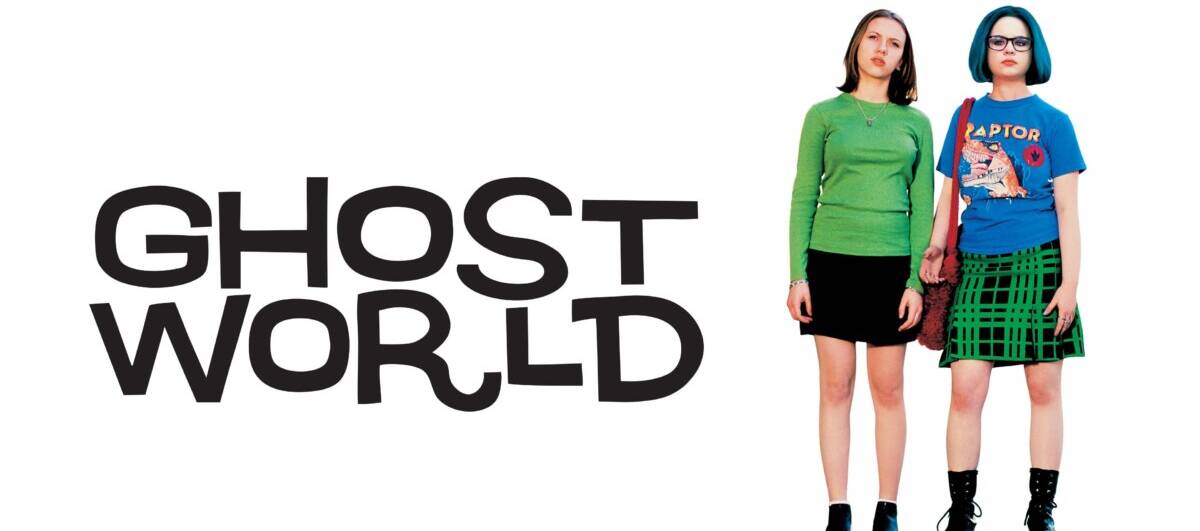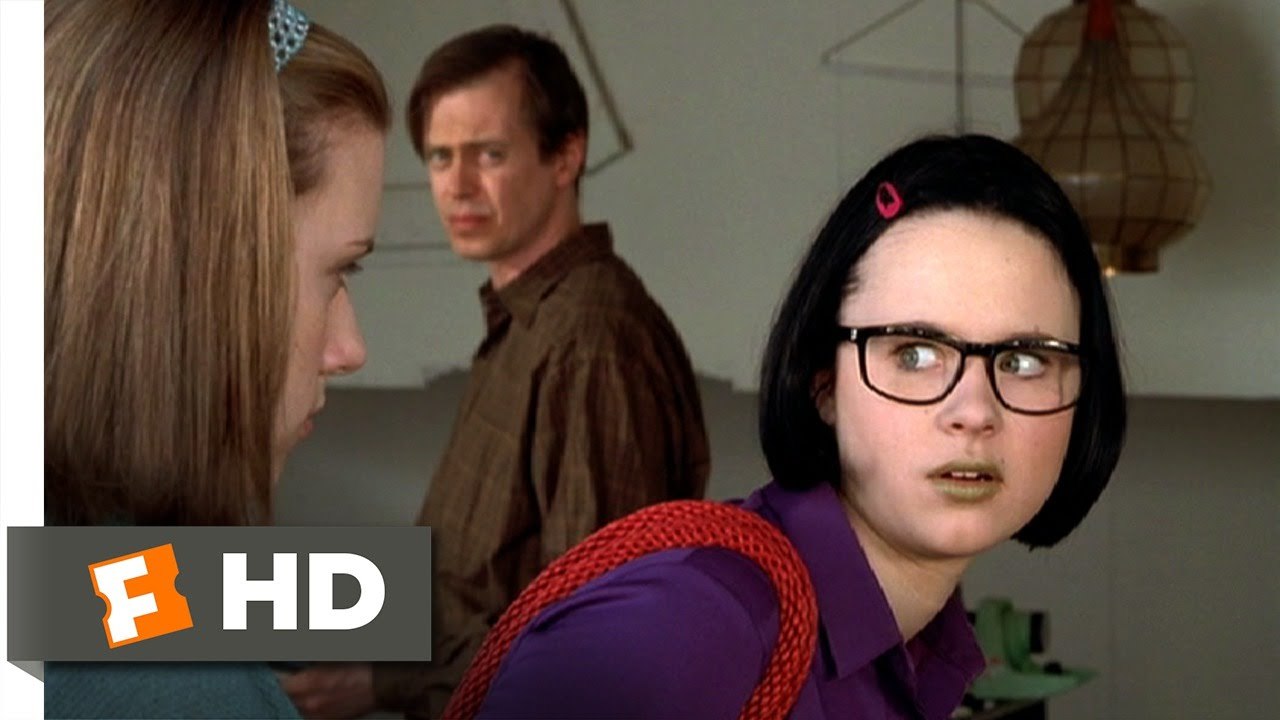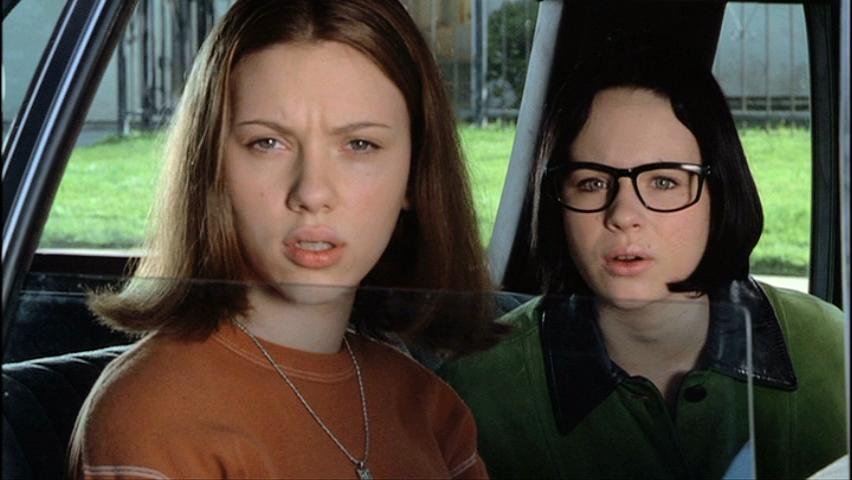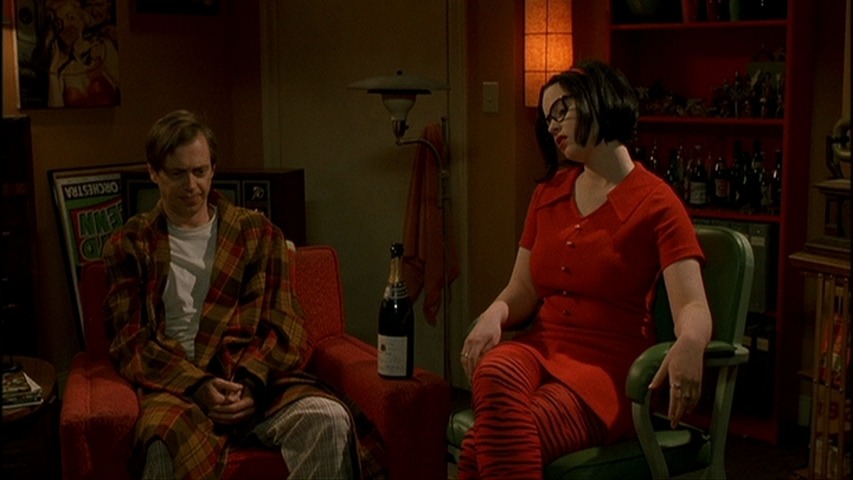
Ghost World is a 2001 dark comedy film co-written and directed by Terry Zwigoff. Based on the graphic novel by Daniel Clowes, the film tells the story of two disillusioned high school graduates, Enid and Rebecca, who struggle to find their place in a world they feel disconnected from. Through its witty and often cynical portrayal of teenage angst, Ghost World explores themes of alienation, identity, and the complexities of adulthood.
The story begins with Enid and Rebecca as they finish high school and face an uncertain future. While Rebecca is eager to move on and start a new chapter of her life, Enid is more skeptical and disenchanted with the world around her. The two friends navigate their post-graduation life with a sense of boredom and frustration, feeling like outsiders in a society they can’t seem to fit into. Their rebellious and sarcastic attitudes highlight their struggle to make sense of the world.
Enid’s character, in particular, stands out for her sharp wit and disdain for conventionality. She spends her time mocking the mundane aspects of society and seeks out eccentricities, often through interactions with people she finds odd or out of place. One of the central plot points of the film is her relationship with Seymour, a middle-aged, socially awkward man whom she initially mocks but eventually forms a strange friendship with. Their relationship serves as a critique of societal expectations and how people are often judged based on their appearance or social status.

As Enid and Rebecca drift apart, the film emphasizes their growing differences. While Rebecca starts working in a retail job and becomes more conventional, Enid’s alienation intensifies. She struggles with her own identity and fears the inevitability of becoming just another “adult” in a world that feels empty to her. Her relationship with Seymour becomes more significant as she begins to see him as a kindred spirit, someone who also doesn’t quite fit into the world.

The film’s dark humor and unique tone reflect a critical view of modern society, particularly the superficiality and materialism that Enid and her friends reject. Ghost World also tackles themes of loneliness and isolation, as Enid, despite her sharp observations, remains disconnected from the people around her. The film portrays the difficulty of finding genuine human connection in a world that often feels fake and artificial.

In conclusion, Ghost World is a thought-provoking and darkly comedic exploration of the challenges of growing up and finding one’s place in society. Through the story of Enid and Rebecca, the film delves into the complex emotions of adolescence, the confusion of adulthood, and the search for identity. With its satirical edge and memorable characters, Ghost World remains a unique and insightful commentary on modern life, offering a deep reflection on the nature of alienation and the quest for meaning in a world that often seems indifferent.